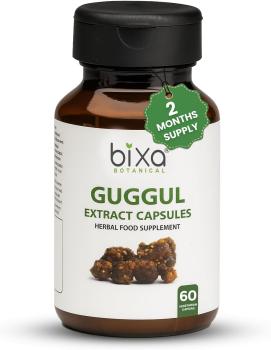- Visit your favorite organic brands online. Many have sign-up programs that will email you coupons regularly.
- If you have a favorite store, like it on Facebook and follow it on Twitter to see special deals and get more coupons.
- Do some initial legwork. Compare the prices of the shops in your area to see where you can consistently get the best buys on organic produce. Consider farmer’s markets as well.
- Buy seasonal produce. When you buy fruits and veggies that are in season you are rewarded with less cost and more flavor. If you crave a certain fruit or veggie that’s not in season, buy it in the frozen section for a break on price.
- If you can’t afford to buy all of your produce organic, check out the Environmental Working Group’s 2017 Shopper’s Guide to Pesticides in Produce. Their list of the Dirty Dozen reveals the fruits and veggies that carry the highest amount of pesticide residue. Buy these organic, if possible. Many favorite summer treats—cherry tomatoes, peaches, and strawberries, to name a few—are on the list.
- If you eat meat, make it less of a centerpiece, and more of a side dish. A true serving of meat is the size of a deck of cards or a bar of soap. If you are a daily meat eater, consider joining the Meatless Monday movement by eating vegetarian on Mondays.
- Before you go hog-wild in the produce department, think about whether you and your family will get around to eating everything. Spoiled produce = wasted money. Americans typically generate about 30 million tons of food waste each year. Give some thought about how you will use leftover veggies in soups, salads, pasta dishes, and casseroles.
- Plan your weekly meals around what’s on sale at your favorite stores and what’s in season. Make a list of what you need before you go shopping. And don’t shop on an empty stomach.
- If a store is having an incredible deal, stock up on items you can freeze for later.
- Buy staple ingredients and meat in bulk for better deals.
How to Save Money on Groceries

You might also like...
Don't Miss a Thing!
Get the latest articles, recipes, and more, when you sign up for the tasteforlife.com newsletter.



